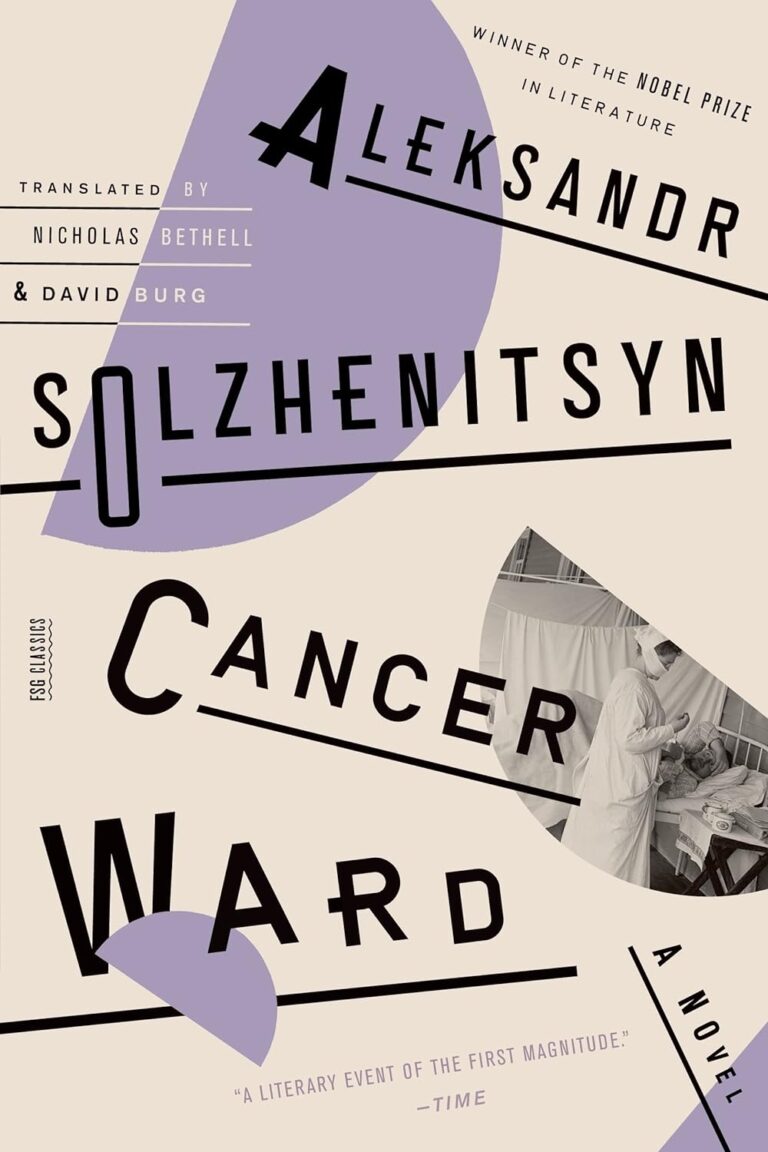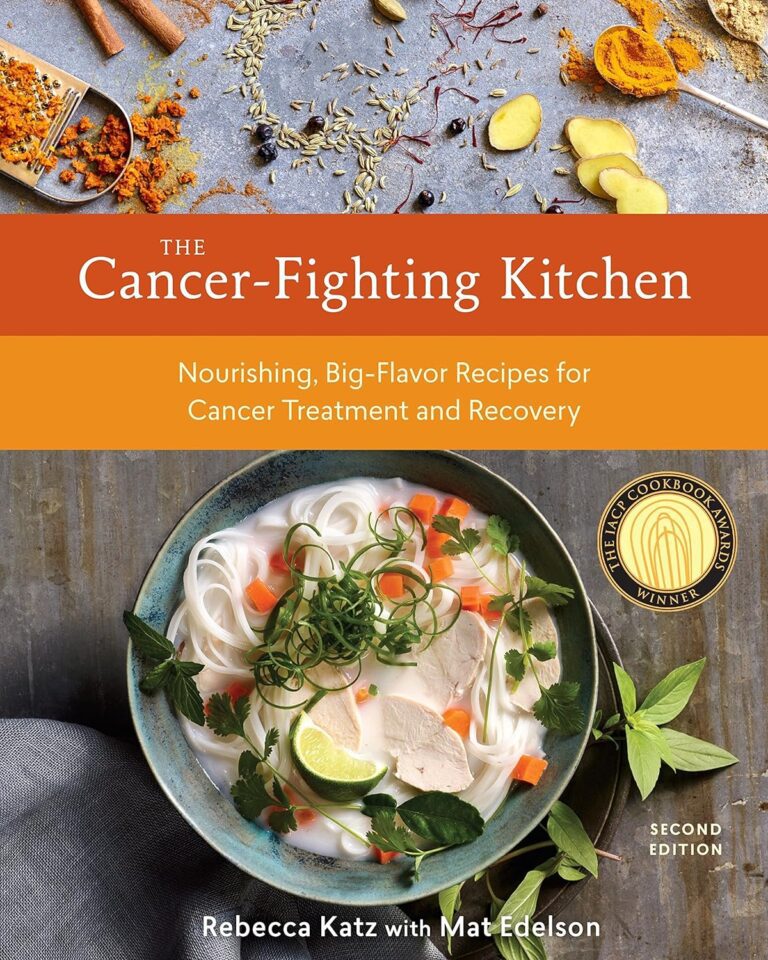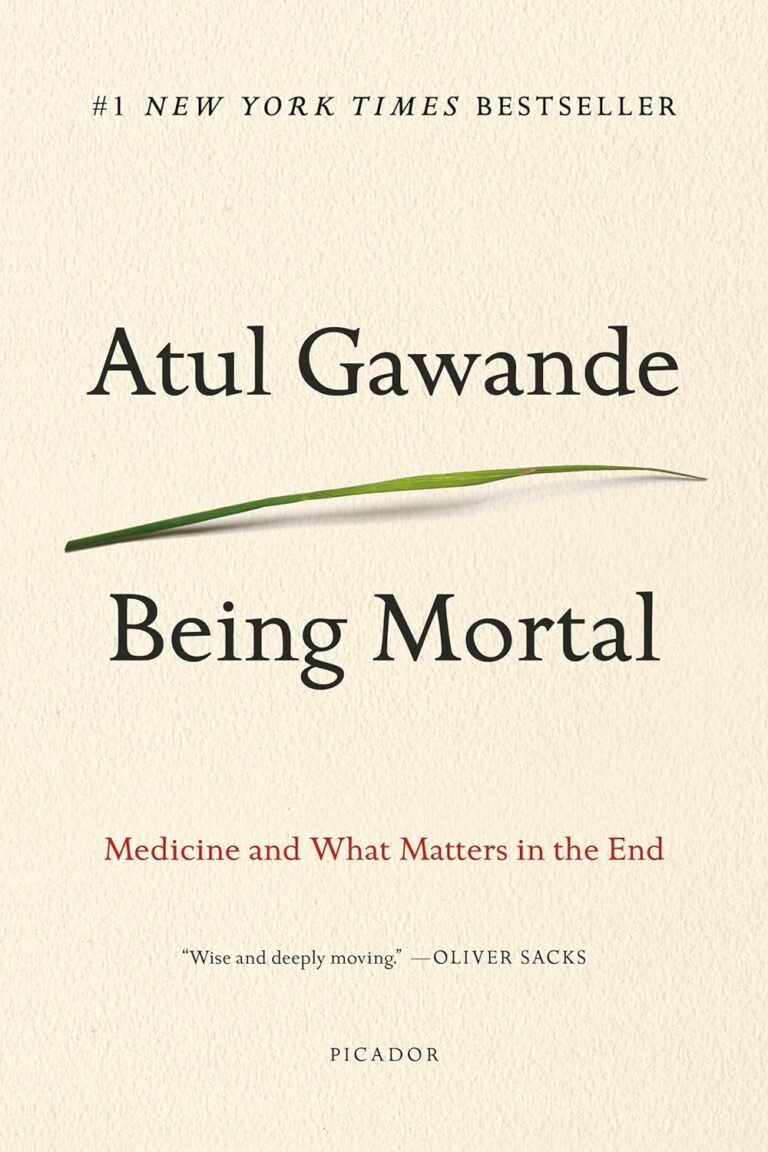
Adenocarcinoma, a term often used in the vast landscape of oncology, stands as a beacon marking the intersection of complex medical jargon and life-altering personal reality. To traverse this challenging terrain, an understanding of the basic terminology plays a crucial role.
Beyond the leading edges of scientific knowledge, adenocarcinoma connotes waves of confusion and concern for diagnosed patients and their loved ones. However, being informed about the disease, its origins, development, diagnosis and available treatments clears the fog of uncertainty to some extent, shedding a light on the various steps towards healing and health.
Adenocarcinoma: A Comprehensive Definition
Root Origin of Adenocarcinoma
The term adenocarcinoma springs from two Greek words: ‘adeno’ meaning gland and ‘carcinoma’ referring to a malignant growth or cancer. Thus, this term essentially denotes cancer that initiates within glandular tissues found scattered throughout the human body.
Modern Medical Interpretation
In contemporary medical parlance, adenocarcinoma is described as a type of cancer arising from glandular cells, often present in epithelial tissue that lines certain internal organs and body cavities. This cancerous growth can occur in different parts of the body like the colon, lungs, pancreas, esophagus, prostate or breasts.
Get to know us better
If you are reading this, you are in the right place – we do not care who you are and what you do, press the button and follow discussions live

The Pathophysiology of Adenocarcinoma
How Adenocarcinoma Develops
Adenocarcinoma develops when glandular cells begin to grow out of control, disobeying the body’s normal regulations on cell life and death. Certain triggers like genetic mutations or environmental factors could ignite this uncontrolled growth, ultimately leading to a cancerous tumor.
Role of Genes and Cellular Changes
Genetic mutations, either inherited or acquired, significantly contribute to the development of adenocarcinoma. These mutations can cause normal and healthy cells to transform into abnormal cells, which proliferate rapidly to form a mass or tumor. Over time, additional cellular changes may lead to the development of a particularly aggressive, invasive adenocarcinoma.
Types of Adenocarcinoma
Colon Adenocarcinoma: This type of adenocarcinoma starts in the colon or large intestine’s cells. It is the most common form of colorectal cancer.
Lung Adenocarcinoma: Arising from the lung’s small air sacs or alveoli, this is one of the most common types of lung cancer, particularly among non-smokers.
Prostate Adenocarcinoma: As the most prevalent type of prostate cancer, this adenocarcinoma initiates in the prostate’s glandular cells.
Other Common Types of Adenocarcinoma: In addition to the types mentioned above, adenocarcinomas can also develop in other areas, such as the pancreas, esophagus, and ovaries.
Symptoms and Diagnosis of Adenocarcinoma
Common Symptoms of Adenocarcinoma
The symptoms of adenocarcinoma vary greatly, dependent on the location of the tumor. Typical symptoms may include abdominal discomfort, blood in stool for colon adenocarcinoma; coughing, chest pain, or breathing difficulties for lung adenocarcinoma; and urinary problems for prostate adenocarcinoma.
The Path to Diagnosis: Tests and Procedures
Diagnosing adenocarcinoma typically involves a thorough analysis of the patient’s medical history, a physical examination, and specialized diagnostic tests. These may include blood tests, imaging scans such as MRI or CT, and biopsies where small tissue samples are extracted for laboratory analysis.
Treatment Options for Adenocarcinoma
Considerations Before Treatment
Treating adenocarcinoma entails individualized plans based on a multitude of factors, including the cancer’s type and stage, the patient’s general health status, age, and personal preferences. A multidisciplinary team of medical oncologists, surgeons, radiologists and other healthcare professionals usually collaboratively devise the patient’s treatment plan.
Conventional Treatments
Common treatment options for adenocarcinoma involve surgery to remove the tumor, chemotherapy to kill cancer cells, and radiation therapy to destroy the cancerous tissue. Targeted therapies or immunotherapy may also be considered to exploit specific weaknesses in the cancer cells.
Breakthroughs and Innovations in Adenocarcinoma Treatment
From advances in genomic medicine to innovations in AI-driven diagnostics, there are continuous efforts in the field of oncology to improve the prognosis and treatment of adenocarcinoma. Innovative medicines like immune checkpoint inhibitors and personalized therapies are promising, transforming the treatment landscape for adenocarcinoma patients.
Living with Adenocarcinoma
The Role of Lifestyle Changes and Support
Living with adenocarcinoma requires a strategic blend of medical treatment and lifestyle adaptations. These may include adopting a healthier diet, getting regular exercise, minimizing stress, and maintaining regular follow-up appointments with the healthcare team. Emotional support from counseling and support groups can also prove beneficial.
The Importance of Early Detection
Early detection of adenocarcinoma can significantly affect the success of treatment and survival rates. Regular screenings and being aware of the possible symptoms are crucial to catching the disease early. Patients with a genetic predisposition for adenocarcinoma should also consider genetic counseling.
Conclusion
Adenocarcinoma can be a life-changing diagnosis but understanding the nature of the disease, its pathophysiology, and continuing developments in diagnostics and treatment options can empower patients in their journey towards health and resilience.
Frequently Asked Questions (FAQs)
1. What is Adenocarcinoma and how common is it?
Adenocarcinoma is a type of cancer that starts in the glandular cells of various organs. Its prevalence varies depending on the organ involved, but it includes some of the most common cancers such as breast, colon, and lung cancer.
2. What are the early warning signs of Adenocarcinoma?
The early signs vary greatly depending on where the cancer starts. However, common symptoms may include unexplained weight loss, fatigue, and changes in bowel or bladder habits.
3. How is Adenocarcinoma diagnosed?
Adenocarcinoma is usually diagnosed based on the patient’s medical history, physical examination, and specific diagnostic tests such as blood tests, imaging scans, and biopsies.
4. What are the treatment options available for Adenocarcinoma?
Treatment options may include surgery, chemotherapy, radiation therapy, targeted therapies, and immunotherapy. The choice of treatment is largely determined by the type and stage of cancer and the patient’s overall health status.
5. Can lifestyle changes affect the course of Adenocarcinoma?
Yes, lifestyle changes such as eating healthier, getting regular exercise, stress management, and regular medical check-ups can impact the course of the disease and contribute to an overall improved quality of life.

















Comments
Thank you. Comment sent for approval.
Something is wrong, try again later